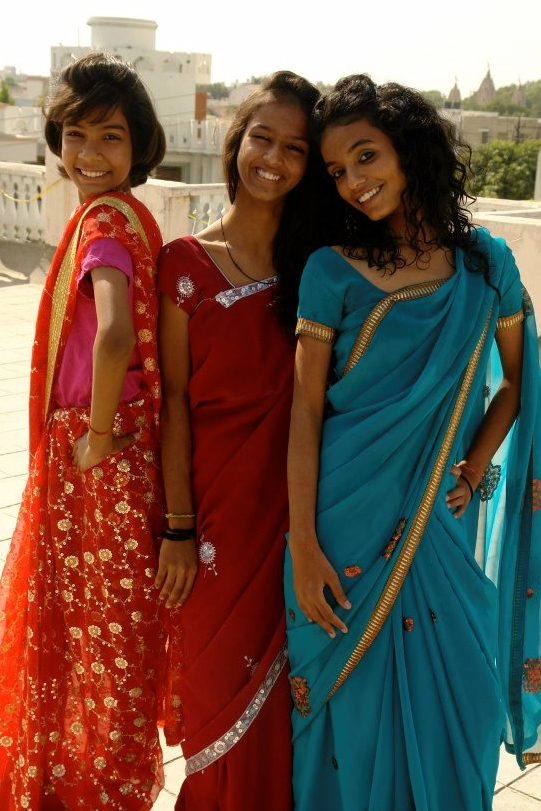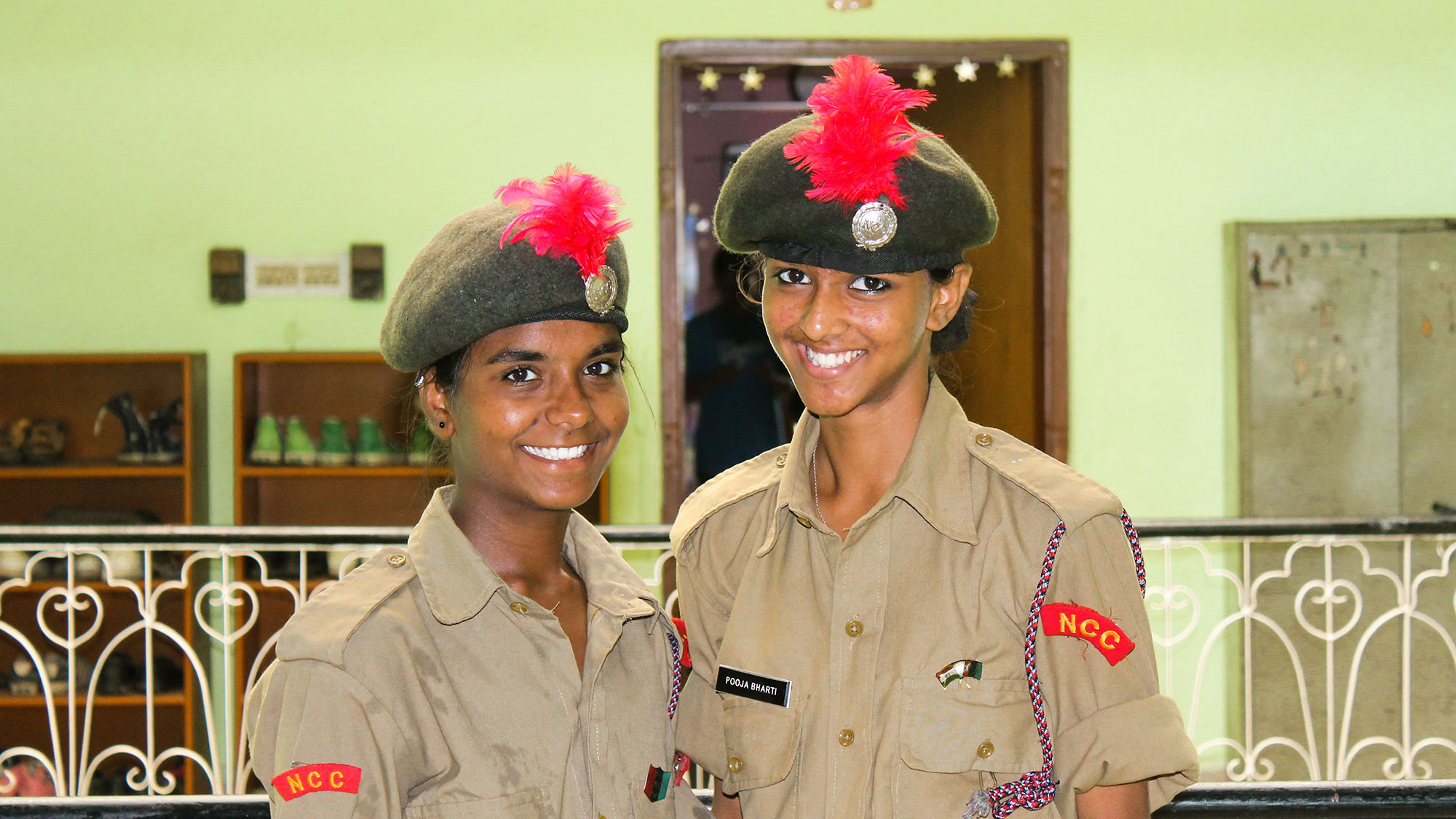
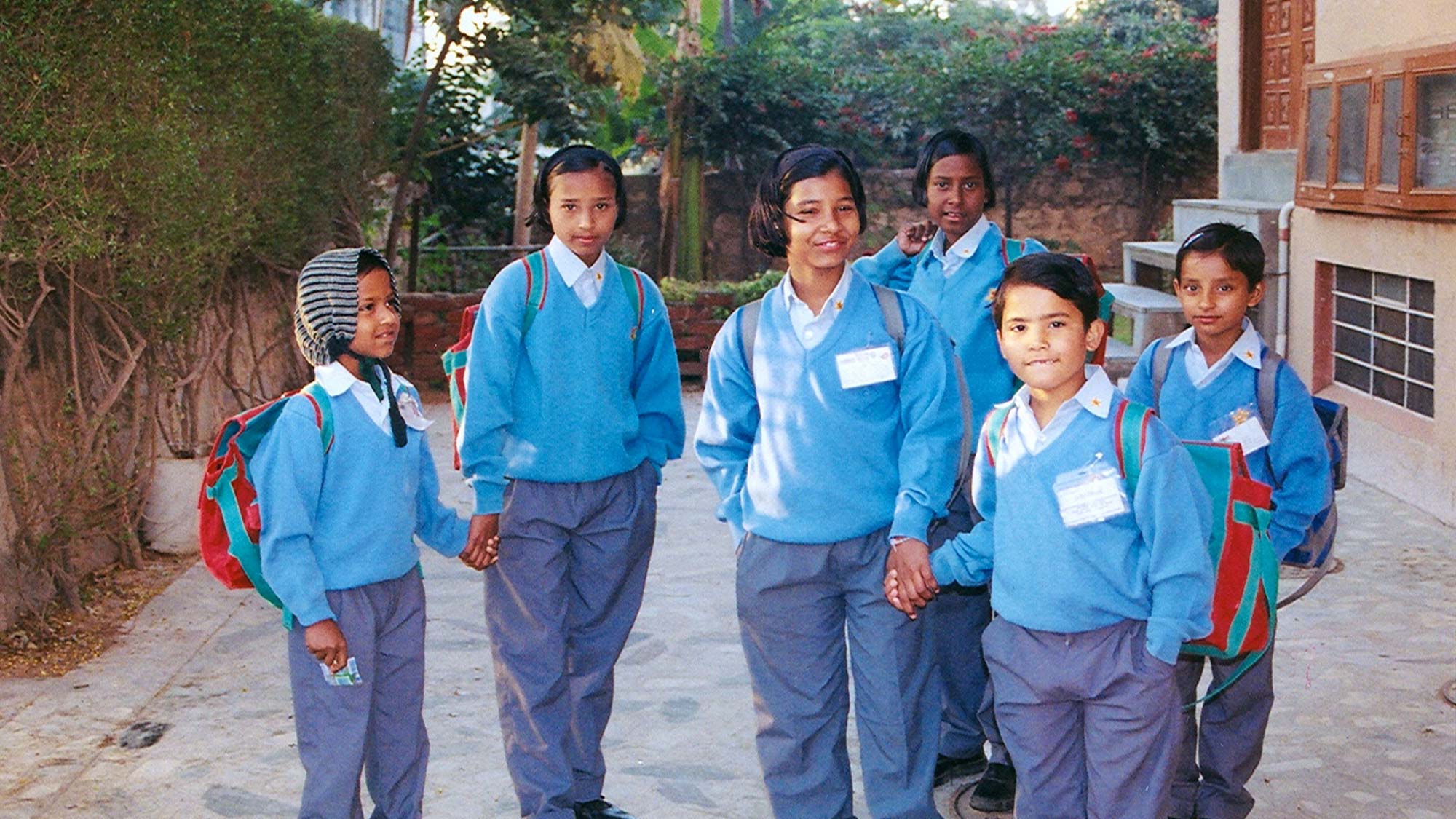
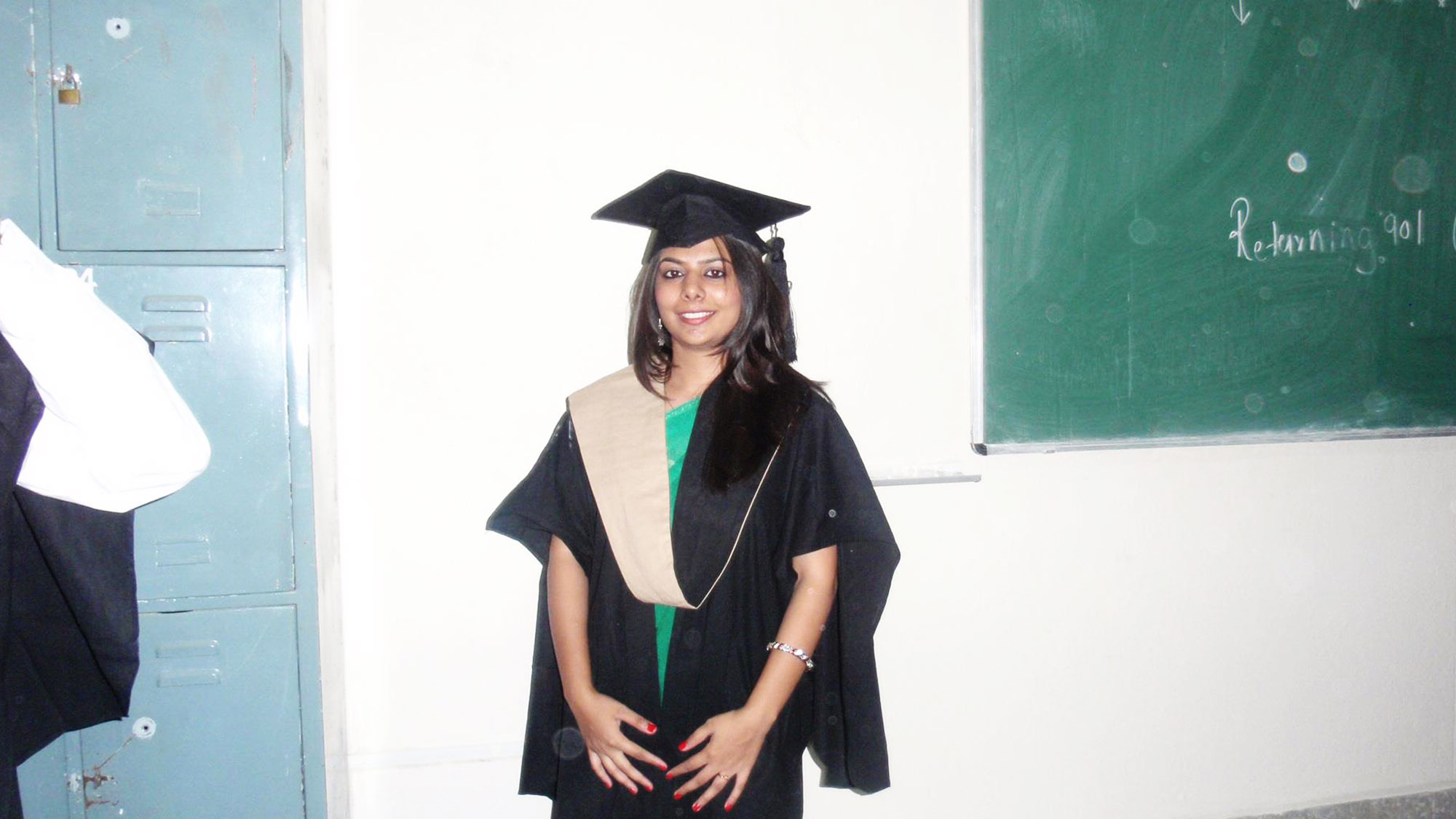
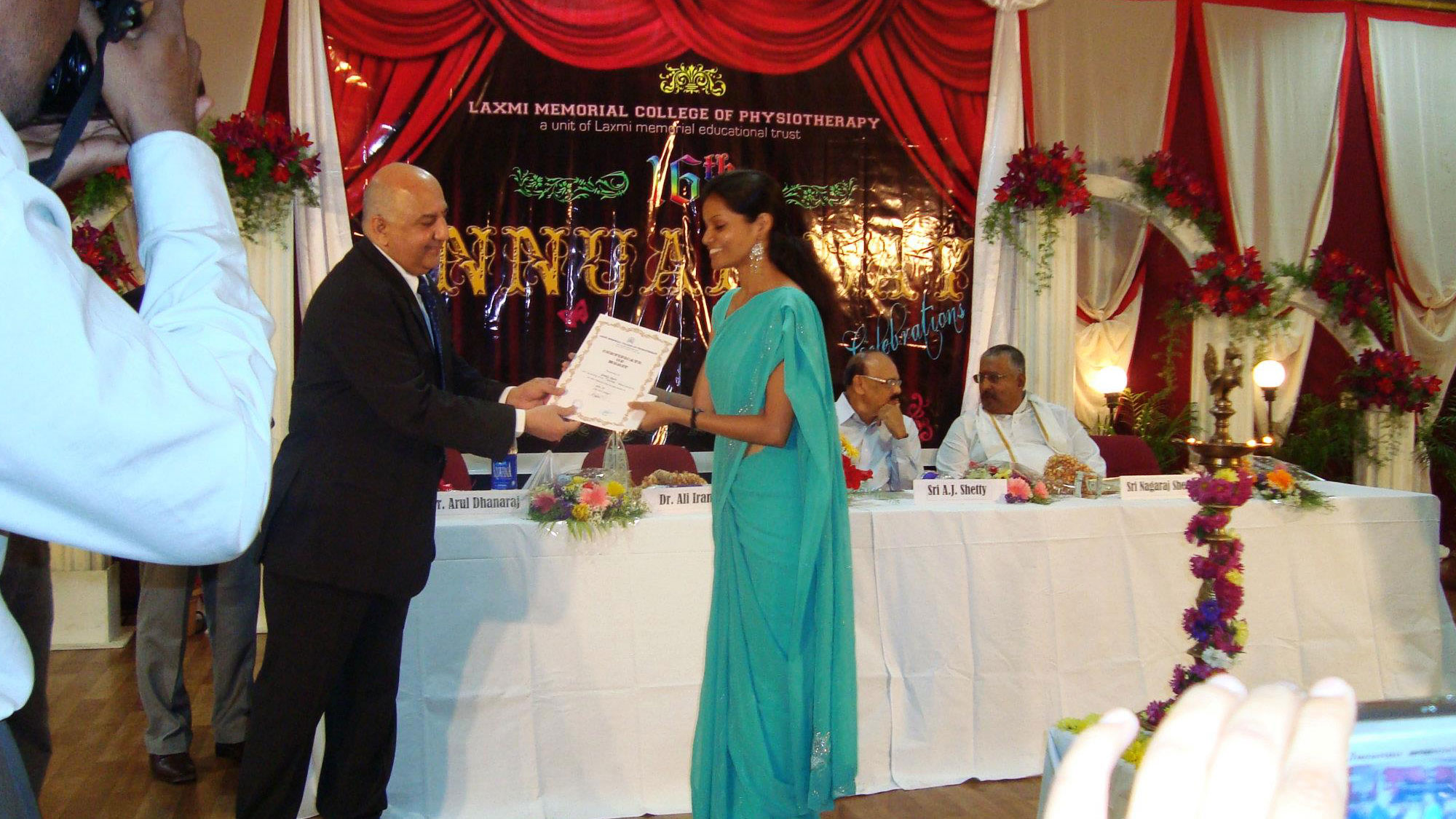
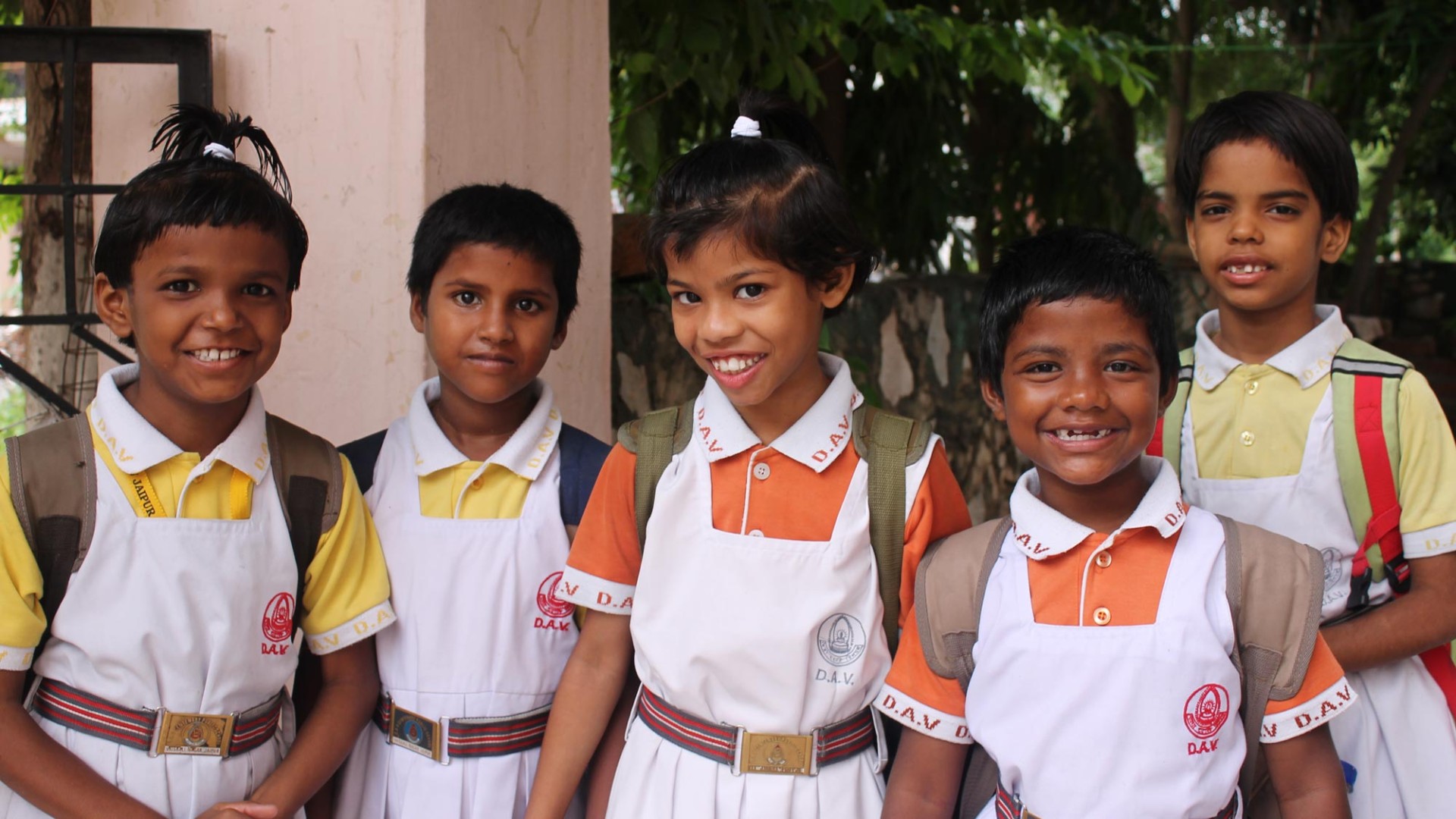


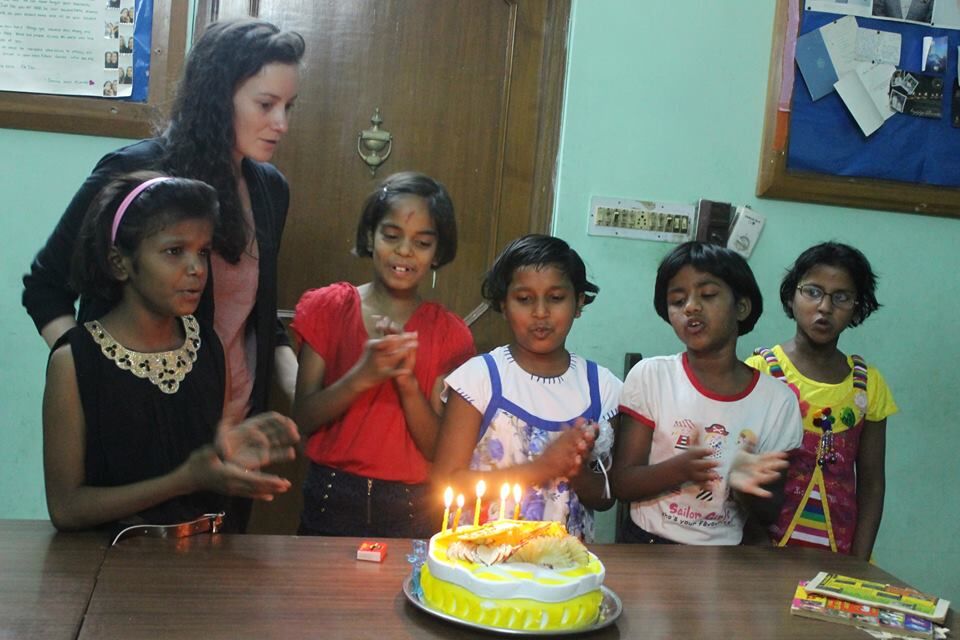
Focusing on girls was an obvious choice for Can Serve Foundation. Indian cultural preference for male children means that Indian orphanages are overpopulated with female children. Shockingly, favouritism towards boys in India often begins as early as conception, with alarming rates of female infanticide and sex-selective abortion across the country. The World Bank estimated that between 1992, (coincidently the year that SBB welcomed its first children) and 2012, around 250,000 girls were killed in India each year because of their sex. Abortion has been a punishable offence in India since 1971, yet in spite of the criminalization, sex-selective abortions remain prevalent. So, in 2002 the government amended the Pre-natal Diagnostic Techniques Act (1994) to prohibit the use of sex- determination tests during prenatal screening.

Although attitudes are slowly evolving, girls are often viewed as an economic hardship – especially to a poor family. One reason for this is that when Indian children get married, the bride’s family traditionally pays the groom’s family a dowry – a mix of money and gifts. Although dowries – the payment of cash and gifts from the bride’s family to the bridegrooms – are prohibited in India under The Dowry Prohibition Act and Sections 304B and 498A of the Indian Penal Code, the dowry system is still very prevalent in India.
Additionally, the wife typically moves into the home of her husband’s family, leading to the belief that when a daughter gets married she “belongs” to the family she marries into. This can manifest itself in the mentality that since daughters are destined to become part of someone else’s family, one needn’t invest as much in their education or development. As a result, when families fall into economic duress, they are most likely to sacrifice their daughter’s education and cut back on her food servings to prioritize their sons, who are viewed as a better investment.
While these attitudes are pervasive throughout India, the state of Rajasthan (where SBB is located) is an especially unlucky place to be born a girl. According to the 2012 Census, the sex ratio for children aged 0-4 in Rajasthan is 882 girls /1000 boys, compared to the already low national average of 908/1000. The state also has the lowest median marriage age for women in India, at 15.9 years. In fact, a whopping 81.5% of Rajasthani woman between the ages of 25 and 49 were married before reaching the legal minimum age of 18 years, whilst 38.3% of women currently aged 15-19 are already married.
Girls come to Sheela Bal Bhavan from government orphanages. The girls were either orphaned or abandoned by their families.
